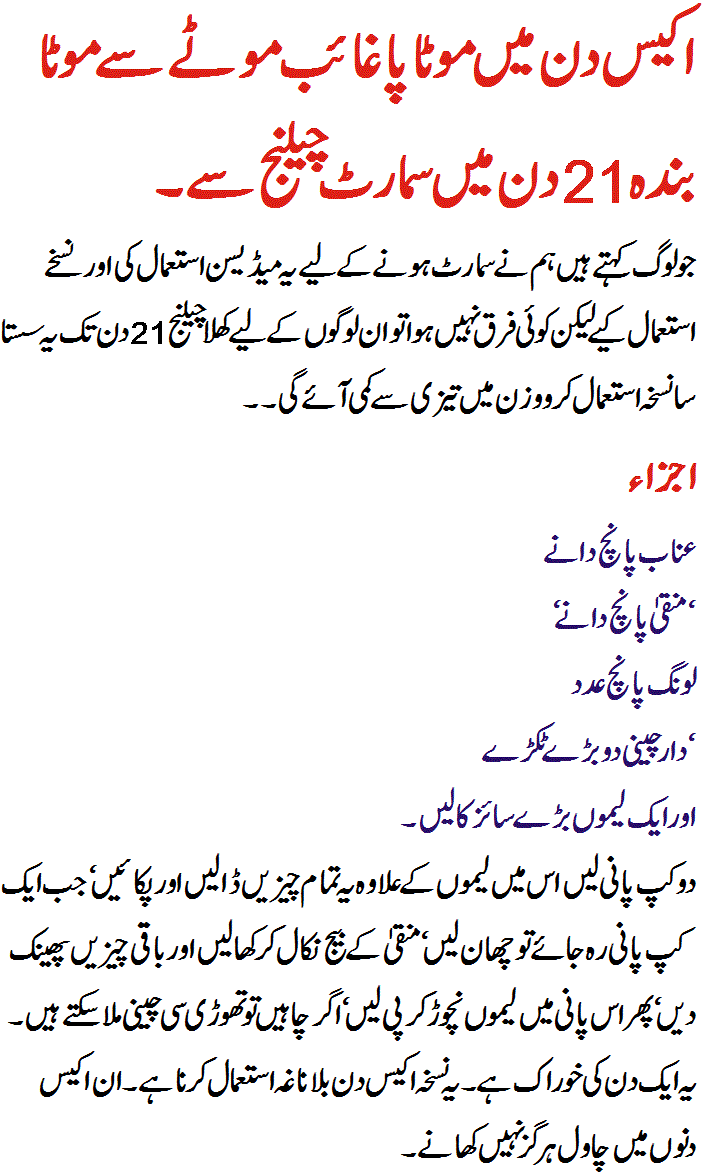When it comes to weight loss, incorporating fruits and vegetables into your diet is often seen as a healthy choice. However, not all fruits and vegetables are created equal, and some may contribute to weight gain if consumed in excess. In this guide, we’ll explore five fruits and vegetables that, when consumed in large quantities, may hinder your weight loss efforts.
**1. Avocado:
Why It’s Considered: While avocados are nutrient-dense and rich in healthy fats, they are calorie-dense. Eating them in large amounts can contribute to a high calorie intake, impacting weight loss.
Moderation Tip: Enjoy avocados in controlled portions to benefit from their nutritional content without exceeding your calorie goals.
**2. Bananas:
Why They’re Considered: Bananas are a good source of vitamins and minerals, but they are also relatively high in natural sugars and calories. Consuming too many bananas might contribute to an excess calorie intake.
Moderation Tip: Limit banana consumption and balance it with a variety of fruits to diversify your nutrient intake.
**3. Sweet Potatoes:

Why They’re Considered: Sweet potatoes are nutritious but contain more carbohydrates than some other vegetables. Consuming large quantities may lead to an elevated carbohydrate intake, impacting weight loss for some individuals.
Moderation Tip: Include sweet potatoes in your diet but be mindful of portion sizes, especially if you’re on a low-carbohydrate diet.
**4. Grapes:
Why They’re Considered: Grapes are rich in natural sugars, contributing to their sweet taste. While they offer antioxidants and vitamins, excessive consumption can lead to an increase in calorie and sugar intake.
Moderation Tip: Enjoy grapes in moderation and opt for a variety of berries that are lower in sugar and calories.
**5. Dried Fruits:
Why They’re Considered: Dried fruits, such as raisins and apricots, are concentrated sources of natural sugars and calories. Their small size makes it easy to consume large amounts, leading to excess calorie intake.
Moderation Tip: Use dried fruits sparingly as a topping or snack and opt for fresh fruits for a more filling and lower-calorie option.
Conclusion: Balance and Moderation
While these fruits and vegetables can be part of a healthy diet, the key to successful weight loss lies in balance and moderation. It’s essential to include a variety of fruits and vegetables in your diet while being mindful of portion sizes. Consulting with a healthcare professional or a registered dietitian can provide personalized advice based on your individual dietary needs and weight loss goals. Remember, a diverse and balanced diet, combined with regular physical activity, is the foundation for effective and sustainable weight loss.
